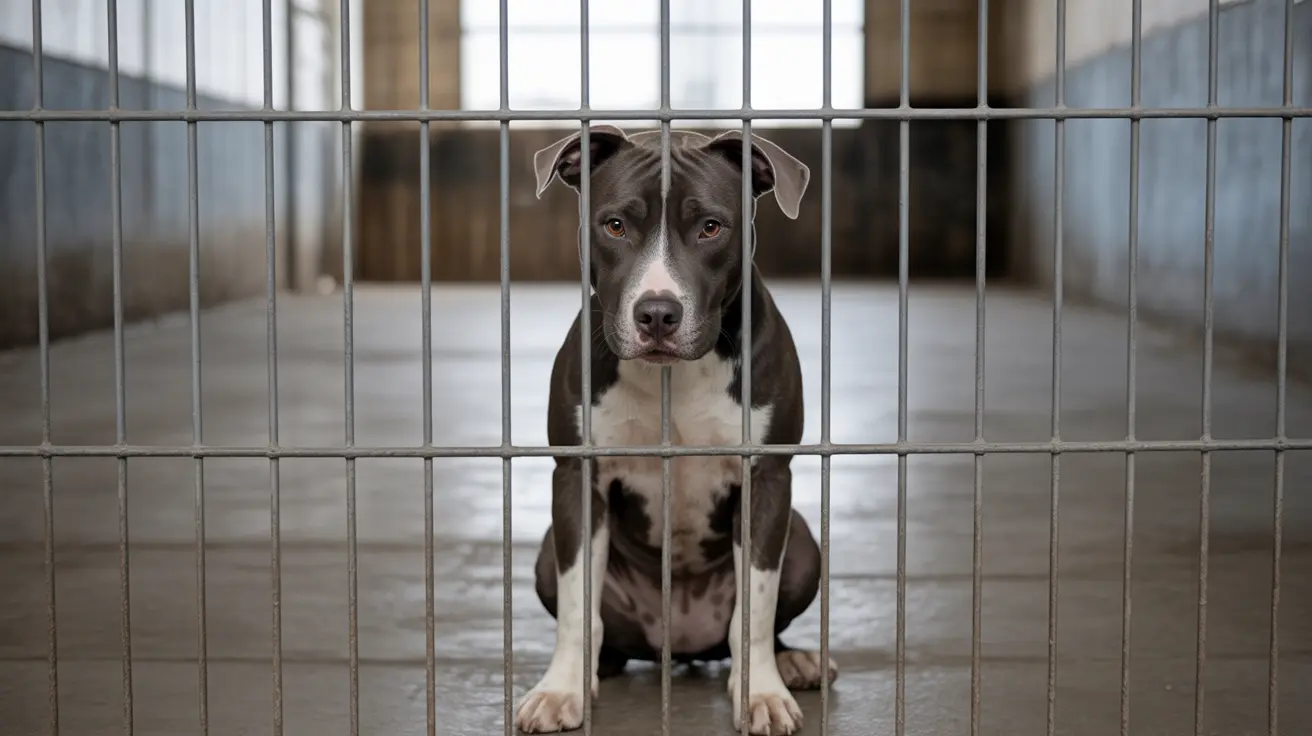A disturbing case of dog abuse in New York has sparked renewed calls for stricter penalties against animal abusers, including permanent bans on future pet ownership. The incident, involving two individuals who allegedly confined and starved a dog until she developed physical deformities, has galvanized animal welfare advocates to demand legislative action.
The case highlights the critical need for stronger legal protections for companion animals and more severe consequences for those who commit acts of cruelty. Animal welfare organizations are rallying support through a petition that seeks to prevent convicted abusers from having the opportunity to harm animals again.
Understanding New York Animal Welfare Laws
Current New York State laws provide various protections for animals, but advocates argue these measures don't go far enough to prevent repeat offenses. While animal cruelty can be prosecuted as a felony under certain circumstances, the ability to own pets after conviction remains a concerning loophole in existing legislation.
Legal Penalties for Dog Cruelty
The legal system in New York provides framework for prosecuting animal abuse cases, with penalties ranging from fines to imprisonment. However, the current structure doesn't automatically include permanent restrictions on future pet ownership, which many advocates consider a crucial deterrent.
Signs of Pet Neglect and Prevention
Understanding the indicators of animal neglect is crucial for community members to help prevent similar cases. Common signs include:
- Visible malnutrition or emaciation
- Untreated injuries or illness
- Excessive confinement
- Lack of basic necessities like food, water, and shelter
- Poor living conditions
The Role of Public Advocacy
Public engagement plays a vital role in strengthening animal protection laws. Petitions and community activism can influence lawmakers and raise awareness about the importance of comprehensive animal welfare legislation. This grassroots approach has historically been effective in advancing animal protection measures across the state.
ASPCA Advocacy in New York
Animal welfare organizations like the ASPCA continue to work with legislators and law enforcement to improve protection for vulnerable animals. Their efforts focus on both prevention and response to cases of animal cruelty, while also providing resources for rehabilitation and care of rescued animals.
Frequently Asked Questions
How can I report suspected dog abuse or neglect in New York City?
If you witness or suspect animal abuse in New York City, you should immediately contact local law enforcement or animal control authorities. You can also report incidents to the ASPCA's animal cruelty reporting hotline. Documentation of the suspected abuse, such as photos or written records, can be helpful for investigation purposes.
What legal penalties do people face in New York for intentionally starving or abusing a dog?
In New York, intentional animal cruelty can be prosecuted as a felony, carrying potential prison time and significant fines. The severity of penalties often depends on factors such as the extent of abuse and whether it's a first-time or repeat offense.
Are there laws in New York that permanently ban animal abusers from owning pets?
Currently, while courts have the discretion to prohibit convicted animal abusers from owning pets, there is no automatic lifetime ban in place. This is one of the key issues that animal welfare advocates are working to address through legislative reform and public advocacy.
Taking Action for Change
The fight against animal cruelty requires ongoing community vigilance and support for stronger protective measures. While this particular case has brought attention to the issue, it also serves as a reminder of the importance of reporting suspected abuse and supporting efforts to strengthen animal protection laws.
By working together, communities can help ensure that those who abuse animals face appropriate consequences and are prevented from causing future harm. The petition represents a crucial step toward creating more effective deterrents against animal cruelty in New York State.






